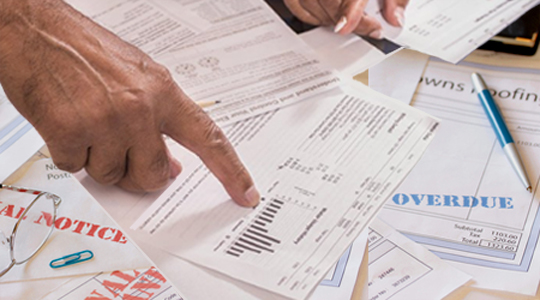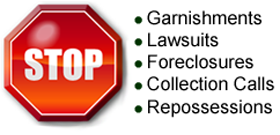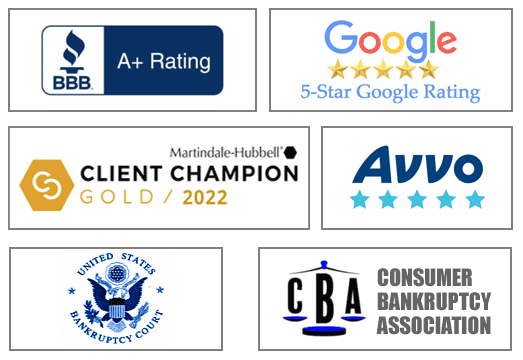Chapter 7 Bankruptcy Lawyers
Experienced Detroit Area Bankruptcy Lawyers | Wayne, Macomb & Oakland County
One of the main purposes of bankruptcy is to discharge (“wipe out”) a person’s debts to give an honest individual debtor a “fresh start.” Chapter 7 bankruptcy does not involve the filing of a plan of repayment like Chapter 13 does. When debts are “discharged” in Chapter 7 bankruptcy they are completely wiped out for good.
Filing Chapter 7 bankruptcy gets rid of credit card debt, and eliminates other debts like medical bills, loans or utility bills. Chapter 7 bankruptcy can stop wage garnishment and can temporarily stop foreclosure or repossession. Filing Chapter 7 also stops creditor & collection calls immediately!
To qualify for filing a Chapter 7 bankruptcy, a person must have little or no disposable income. If you make too much money, the Court may require you to file Chapter 13 Bankruptcy.
Learn More About Chapter 7 Bankruptcy
Chapter 7 of the Bankruptcy Code also provides for “liquidation,” which means that the debtor’s property is sold, and the proceeds are distributed to the debtor’s creditors, to satisfy debts. However, under Chapter 7, certain of the debtor’s property – such as a car and personal property – may be “exempt” and protected from being sold. Additionally, if your home has no equity (meaning the balance you owe on your mortgage or liens is greater than the home’s value), it is “safe” in Chapter 7 bankruptcy. Our experienced bankruptcy lawyers will work with you to allow you to keep your home and keep your car.
In many Chapter 7 Bankruptcy cases, the debtor often has little or no property, except what is “exempt”. So often in Chapter 7 cases, there may not even be an actual liquidation of the debtor’s assets. These cases are called “no-asset cases.” The debts are just “wiped out” – and that is the end of it!
Chapter 7 Bankruptcy is attractive to many debtors because there is no future liability for any discharged debts. It is important to note, however, that part of the debtor’s property may already be subject to liens and mortgages that pledge the property to other creditors. To understand how your lien or your mortgage is affected by a Chapter 7 bankruptcy you should talk to an experienced bankruptcy lawyer who can look at your individual situation.
Also, although an individual Chapter 7 case usually results in a discharge of most debts, the right to a discharge is not absolute. This means that some types of debts are not “dischargable” in bankruptcy. There are a limited number of certain debts that cannot be discharged in Chapter 7 bankruptcy. Generally, taxes, most student loans, child support & liens on property are NOT discharged in Chapter 7.
To understand if the debts you have can be discharged in Chapter 7 bankruptcy, call our experienced bankruptcy lawyers for a free consultation.






